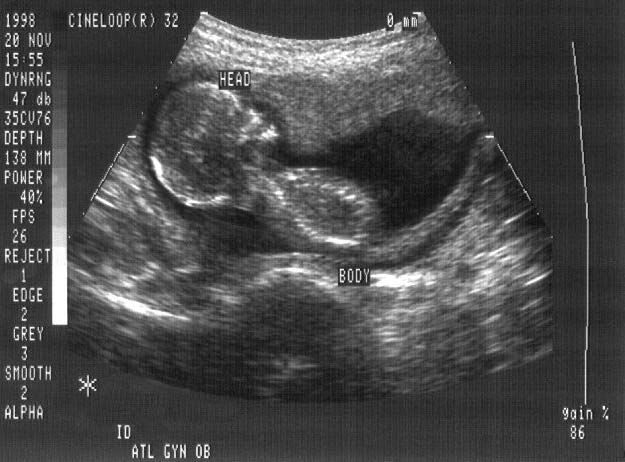Rise in Preterm Births Has Experts Concerned

Doctors have long defined a full-term pregnancy to be 40 weeks. Some mothers deliver sooner, some later, of course.
Sooner is fast becoming the norm.
The most common length of pregnancy in the United States is now 39 weeks, a shift to earlier deliveries that occurred sometime between 1992 and 2002, according to a study in the journal Seminars in Perinatology that has experts concerned.
As of 2002, one-quarter of all single babies (excluding births of two or more babies) were born at 39 weeks, the study found.
Of greater concern: Over the 10 years ending in 2002, there was a 12 percent increase in births occurring between 34 and 36 weeks, a stretch considered "late preterm" or "near-term."
Births at or after 40 weeks decreased nearly 21 percent.
"Late preterm infants are a growing concern," said Nancy Green, medical director of the March of Dimes. "Some babies born just a few weeks early need medical and nursing attention beyond that given to full term newborns. They have a greater likelihood of breathing problems like respiratory distress syndrome (RDS), feeding difficulties, temperature instability (hypothermia), jaundice and reduced brain development than full-term babies."
Sign up for the Live Science daily newsletter now
Get the world’s most fascinating discoveries delivered straight to your inbox.
The change owes in part to increasing rates of Cesarean section deliveries—more than a quarter of all babies are now born via this surgery—and induced labor, but some other factor that has yet to be determined must be at work, too, said study leader Michael Davidoff, manager of informatics, research and development at the March of Dimes.
A separate study last fall by HealthGrades, an independent health care rating company, found that the number of pregnant women choosing to have a "patient-choice" Cesarean section—not specifically recommended by a doctor—rose by 36.6 percent from 2001 to 2003.
For some high-risk pregnancies, early delivery may promote better outcomes for both the mother and the baby, the researchers point out. But more data is needed on the outcomes of late preterm births. The researchers argue that "pregnancies should continue to term if medically and obstetrically advisable, thereby avoiding unnecessary preterm inductions and C-sections."
The research, announced today, was first presented last July at a National Institutes of Health symposium.
In addition to health risks, premature babies bring financial burden. Previous research found that the average hospital charge for a premature baby in 2000 was $58,000, compared to $4,300 for a typical newborn.
Robert is an independent health and science journalist and writer based in Phoenix, Arizona. He is a former editor-in-chief of Live Science with over 20 years of experience as a reporter and editor. He has worked on websites such as Space.com and Tom's Guide, and is a contributor on Medium, covering how we age and how to optimize the mind and body through time. He has a journalism degree from Humboldt State University in California.

'Love hormone' oxytocin can pause pregnancy, animal study finds

'Mini placentas' in a dish reveal key gene for pregnancy











